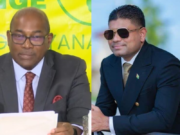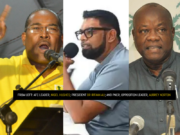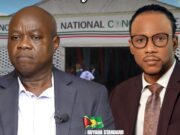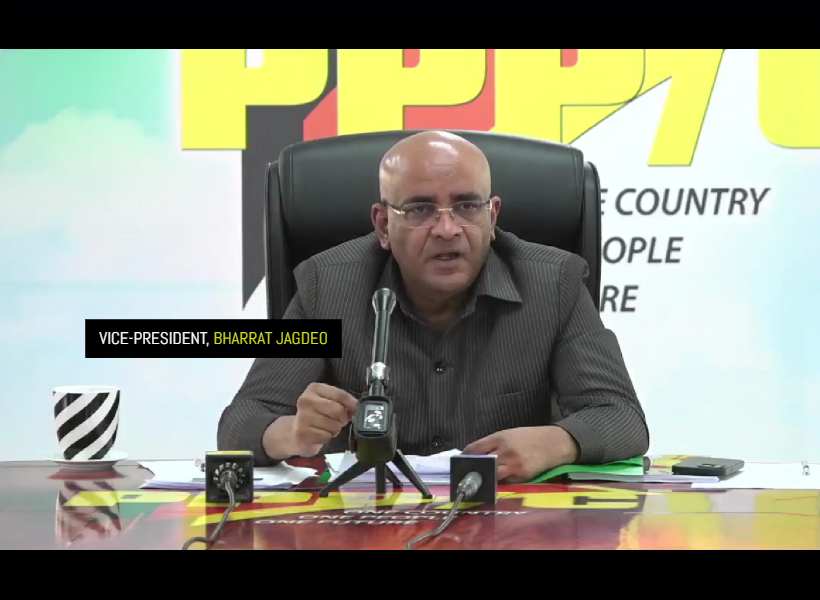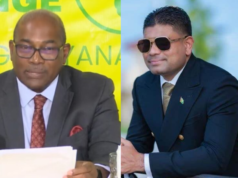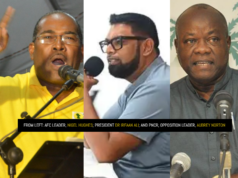Vice President Dr. Bharrat Jagdeo has stepped forward to address recent concerns that government has only implemented two out of the eight priority recommendations put forth by the European Union (EU) 2020 Election Observer Mission (EOM) in its 2020 Final Report. During his press conference today, he acknowledged that while the mission praised the government’s amendment of the Representation of the People Act, which now provides clear written procedures for the tabulation of election results and enhances transparency through robust publication of Statements of Poll, the government has gone beyond these measures.
In 2020, the European Union Election Observation Mission (EU EOM) deployed a team to oversee the March 2 elections, which unfortunately encountered a significant five-month delay due to attempted rigging by the APNU+AFC coalition. Subsequently, in March 2021, the EUEOM submitted a final report presenting its findings along with 26 comprehensive recommendations, of which eight were classified as high-priority.
The Vice President stressed that his government has acknowledged this and is actively addressing several issues highlighted in the report, including the matter of campaign finance. He remarked, “If you go to our manifesto you will see we’re probably the only party that said that. So we said long before the EU made a recommendation about that, which in our manifesto, but we have a reality to deal with here.”
Furthermore, he highlighted that the report recommended that Guyana adopts the United Nations Convention against Corruption. However, he clarified, “It’s been- the country has ratified this since 2008. So it’s not a new convention. We have ratified that since 2008. But they are talking about it, the part of it that deals with campaign finance reform but we have adopted the UN Convention against Corruption since 2008.”
Jagdeo was also keen to note his disagreement with a specific aspect of the EU Observer report, which states, “The EU Observation Mission notes that the 2020 General and regional elections campaign demonstrated that the two key contestants have significant funds at their disposal, while no other party has the capacity to run a nationwide campaign and that the legal framework does not provide for transparency and accountability.”
He emphasized that campaign financing cannot be equated between major parties with approximately 200,000 supporters and smaller parties that struggle to garner even 2,000 votes. He stressed, “As political parties in government, it is not our responsibility to ensure that every single party has equal financing.”
Among the recommendations made by the EU EOM were the mandatory publication of all decisions, regulatory instruments, and instructions issued by GECOM. The report also highlighted the necessity of prohibiting the utilization of state resources for political campaigning and establishing a comprehensive election dispute resolution system to ensure effective and timely remedies at all stages of the electoral process.
Nevertheless, Jagdeo affirmed that the government’s engagement with the EU EOM follow-up team has been pleasant and that is way further ahead in the implementation of the recommendations given than is perceived.
